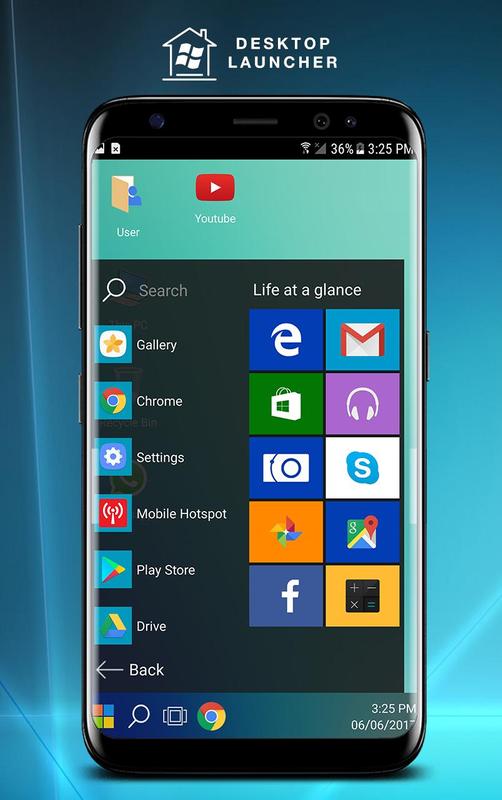

However, people have several views on rooting for a good reason. To root or not to root? Rooting has both its advantages and flaws, and it requires a certain level of geekiness and savviness to perform. Nevertheless, playing around with privileges and data access on root users can put the device in an unstable state or it might not function as it should be, as well as revoke the warranty provided by the company that sold the smartphone. That said, as a root user, you can delete applications that are forced to users upon the Android installation, or install third-party apps outside of Google play store. The difference between the root user and a standard user is with root access users able to do modify anything in the system, from revealing user-restricted files to granting and revoking privileges on certain apps. Root access refers to the privilege of using that superuser to modify system files and codes for additional features. Root refers to the term of the superuser, an entity that unlocks all the possible functions of the operating system which were previously locked due to security and stable performance. Rooting is like jailbreaking your android device.


 0 kommentar(er)
0 kommentar(er)
